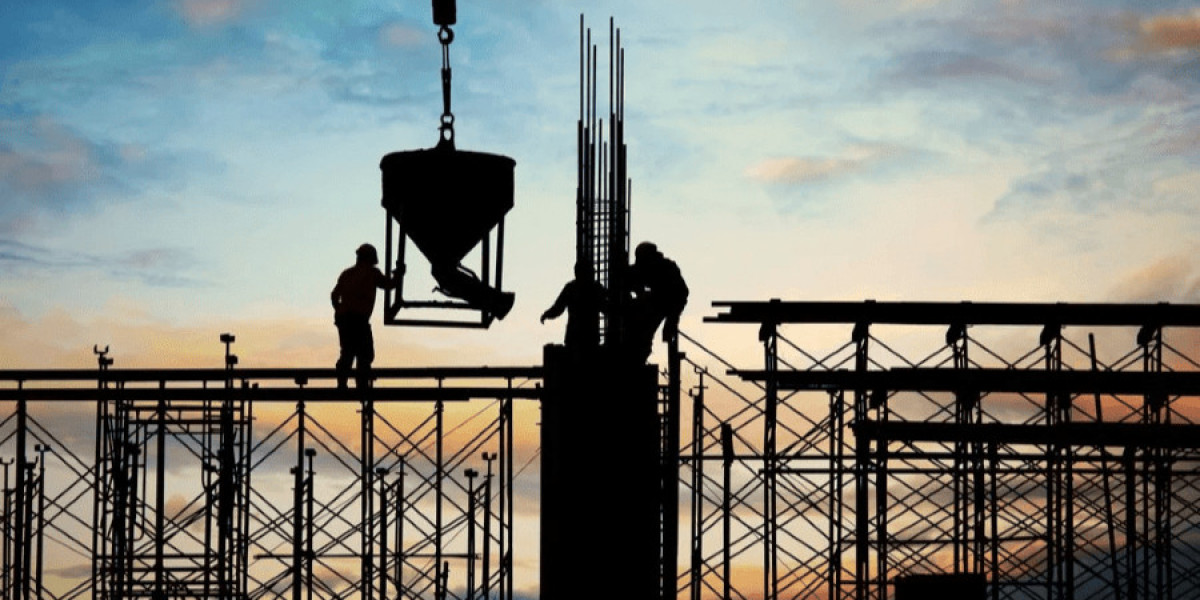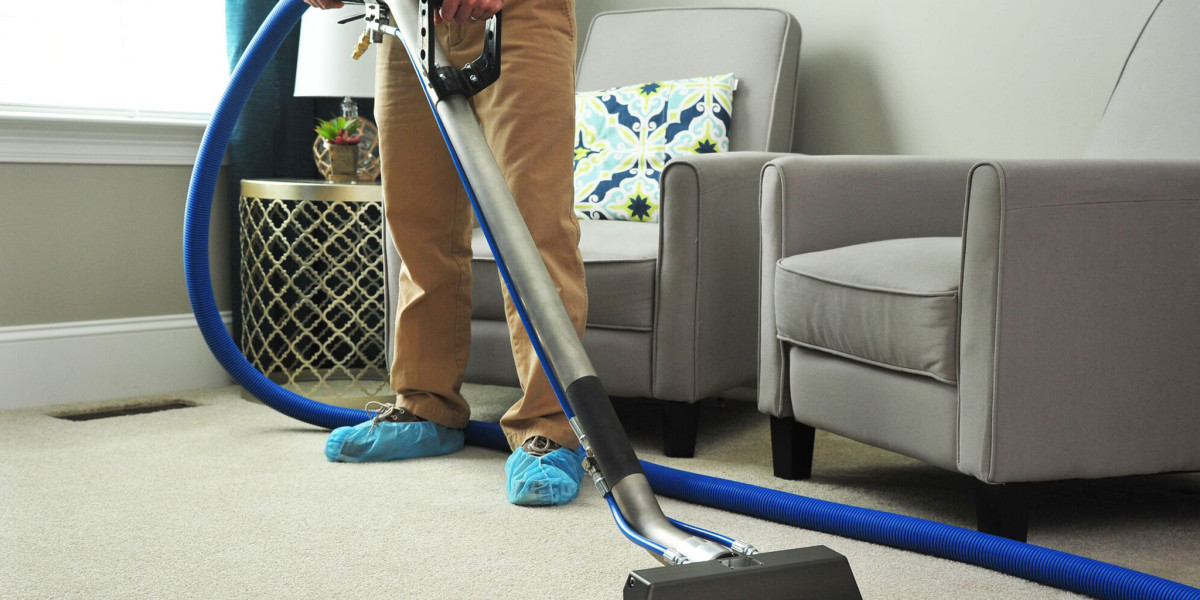Becoming a firestop contractor is a rewarding career path, offering a chance to work in the critical field of fire protection. Firestopping is an essential part of building construction that ensures a building's fire resistance by sealing gaps and openings to prevent the spread of fire. With the increasing demand for fire safety in construction, this profession is not only vital but also offers significant growth potential. In this article, we’ll explore the steps to becoming a successful firestop contractor, from education and certification to securing jobs and offering services.
A firestop contractor is responsible for installing firestop systems in buildings to prevent the spread of fire and smoke through walls, floors, and ceilings. These systems are crucial for maintaining the integrity of a building’s fire-rated components and ensuring compliance with local building codes. Firestop contractors may work on both new construction projects and retrofitting existing buildings with updated fire protection systems.
A firestop contractor is responsible for installing firestop systems in buildings to prevent the spread of fire and smoke through walls, floors, and ceilings. These systems are crucial for maintaining the integrity of a building’s fire-rated components and ensuring compliance with local building codes. Firestop contractors may work on both new construction projects and retrofitting existing buildings with updated fire protection systems.
1. Understand the Role of a Firestop Contractor
A firestop contractor is responsible for installing firestop systems in buildings to prevent the spread of fire and smoke through walls, floors, and ceilings. These systems are crucial for maintaining the integrity of a building’s fire-rated components and ensuring compliance with local building codes. Firestop contractors may work on both new construction projects and retrofitting existing buildings with updated fire protection systems.
2. Gain Relevant Education and Training
While formal education isn’t always required, obtaining a solid foundation in construction or fire protection systems is a key step. Here are some important educational paths:
High School Diploma or GED
A high school diploma is typically the minimum requirement to enter the field.
Vocational or Trade School
A program in construction, plumbing, or electrical work can provide hands-on experience and a deeper understanding of building systems, which are beneficial in firestop contracting.
Fire Protection or Safety Courses
Many trade schools and community colleges offer fire protection technology programs. These courses provide essential knowledge on fire codes, firestop systems, and safety regulations.
3. Obtain Certification and Licensing
Certification is one of the most important steps to becoming a qualified firestop contractor. It not only ensures your competence but also makes you more attractive to potential clients. In the U.S., the International Firestop Council (IFC) offers certification programs specifically for firestop contractors. Some common certifications include:
Certified Firestop Contractor (CFC)
This certification demonstrates your expertise in firestop installation and understanding of codes and standards.
Firestop Installer Certification
Offered by organizations like the IFC, this certification is for individuals involved in the actual installation of firestopping systems.
Additionally, check for local or state-specific licensing requirements. Some jurisdictions require firestop contractors to obtain a license to operate legally.
4. Gain Practical Experience
While certification and education are crucial, hands-on experience is equally important. Most firestop contractors start as apprentices or in entry-level positions, working alongside experienced professionals to gain practical knowledge of firestopping techniques and safety procedures.
Experience in other construction fields, such as general contracting, plumbing, electrical, or HVAC, can be valuable, as these areas often overlap with firestop installations. You will learn about building systems, fire codes, and safety measures, all of which are essential for a successful career as a firestop contractor.
5. Learn About Firestop Materials and Installation Techniques
A firestop contractor must have a deep understanding of the different materials used in firestopping systems, including:
Sealants and Caulks
These materials are used to seal gaps in walls, floors, and ceilings.
Firestop Collars
Often used for pipe penetrations, firestop collars provide an effective seal against the spread of fire.
Firestop Blocks and Pillows
These are used to seal larger gaps or holes, particularly in wall and floor assemblies.
Understanding the correct installation methods for each type of material is critical for ensuring that the firestop system is effective and compliant with fire safety codes. Regularly updating your knowledge of new firestop products and techniques is also necessary to stay ahead in the field.
6. Develop Strong Business Skills
As a firestop contractor, especially if you plan to run your own business, developing strong business skills is essential. Here are some important aspects to focus on:
Business Licensing
Make sure your business is legally registered and compliant with local regulations.
Marketing and Networking
Building relationships with general contractors, architects, and construction managers is crucial. Networking and building a reputation for high-quality work will help you grow your business.
Estimating and Bidding
As a contractor, you will need to provide accurate cost estimates for firestop installations. A solid understanding of construction estimating is crucial for pricing your services competitively. Utilizing services like Fireproofing Estimating Service can help ensure your estimates are accurate and align with industry standards for firestopping projects.
Safety and Compliance
Firestop contractors must ensure that all installations meet local and national fire safety standards. Staying updated with regulations like NFPA (National Fire Protection Association) and OSHA (Occupational Safety and Health Administration) is essential.
7. Find Work Opportunities and Build a Portfolio
Once you’re trained, certified, and have gained experience, it’s time to start securing work. Many firestop contractors find opportunities through the following:
General Contractors
Many general contractors work on projects that require firestopping services. Building strong relationships with these contractors can lead to ongoing work.
Commercial Projects
Firestopping is commonly required in commercial construction, such as offices, schools, and healthcare facilities.
Retrofitting Projects
Existing buildings often need to be retrofitted with updated firestopping systems to comply with current fire safety codes.
As you complete projects, be sure to build a portfolio showcasing your work. This portfolio will be invaluable in marketing your services and attracting new clients.
8. Stay Up to Date with Industry Trends
The field of firestopping, like many aspects of construction, is constantly evolving. New materials, technologies, and regulations are always being introduced. To remain competitive, it’s important to attend industry conferences, participate in continuing education courses, and stay up-to-date with the latest trends in fire protection. Joining professional organizations like the International Firestop Council (IFC) will help you connect with industry experts and stay informed.
Conclusion
Becoming a firestop contractor is an important and rewarding career choice in the construction industry. By obtaining the right education, certifications, and hands-on experience, you’ll be well on your way to becoming a trusted professional in fire protection. Whether you choose to work as part of a team or start your own business, the demand for skilled firestop contractors is expected to grow as fire safety continues to be a top priority in building design and construction. By continuously learning, networking, and honing your craft, you can ensure a successful and long-term career in this essential field.












